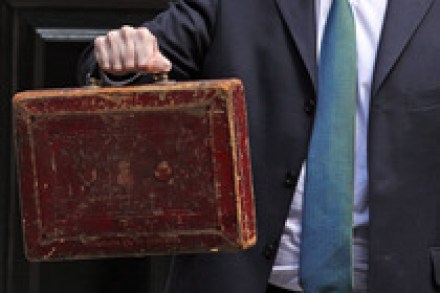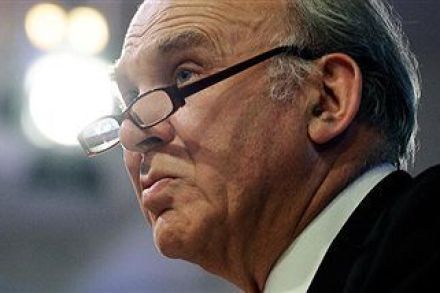Making the case for further tuition fees
Ever the opportunist, Ed Miliband recognised that university funding could be the coalition’s first test of resolve. Opposing a tuition fee hike has given him the chance to serenade disgruntled Liberal Democrats and to discard New Labour’s sheen (which so incensed Alan Johnson, the minister who introduced the fee in such difficult circumstances). Miliband is determined to mould the Labour party in his image. Speaking on the Politics Show yesterday (16:20 in), he said that the party, Johnson included, will strive to deliver a graduate tax. After a summer’s procrastination, the government has run out of time. The substance of Lord Browne’s recommendations is in the public domain and it













